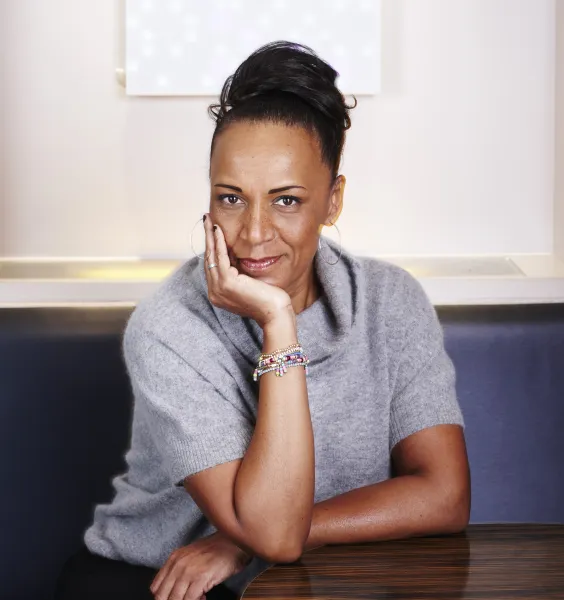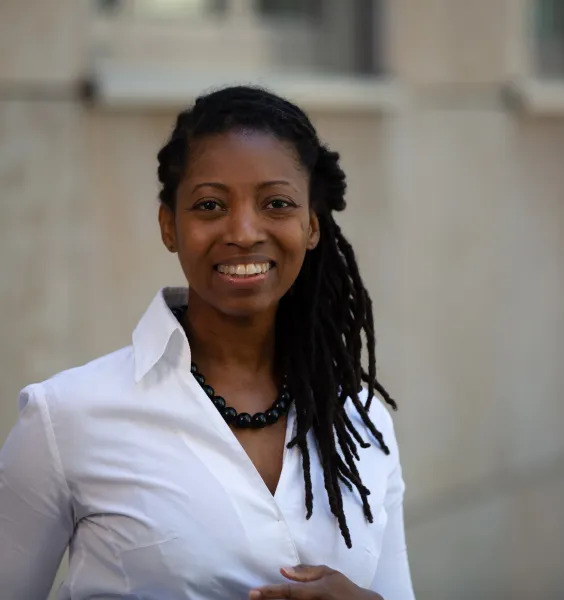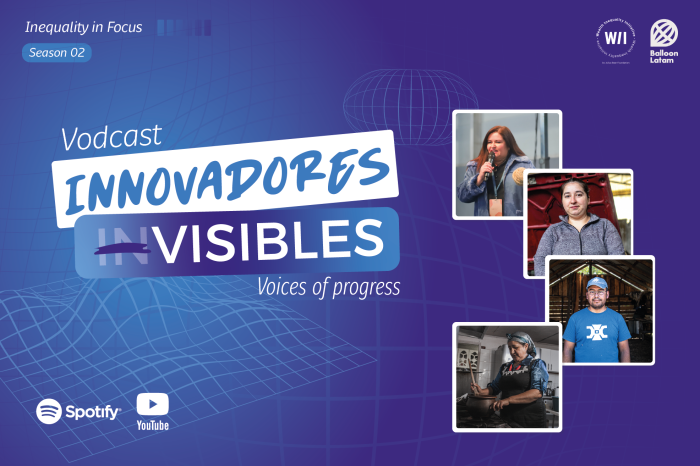Lesley Lokko is an academic in architecture and best-selling novelist and has been confronted with the issue of wealth inequality throughout her whole international career.
In this episode of the Wealth Inequality Initiative Podcast, Lokko touches on how architecture can lend a hand in closing the wealth gap and how novels were her first medium to gain confidence to tell the other story about Africa that is richer than chaos and poverty.
Africa does not have to come to the table as the poor player. This paradigm may be true in terms of infrastructure and resources, but not in terms of imagination and possibilities. Lokko describes how Africa’s culture and heritage need to be bolstered in the architectural field because architecture is vital in equitable infrastructure.
The shaping of our [African] space has to be designed, developed and put forward by us. It cannot be that we copy other paradigms.
Lesley senses a type of insecurity in Ghana in dealing with space and how to understand the city. The question of ownership and confidence are critical in shaping the future of a town. While Africa may lack resources, it is the world’s youngest continent with an average age of under 20. Imagination, dynamism and energy are key components in closing the wealth gap.
How a city works is often down to the level of resources available.
Did you enjoy this exchange? Who would you like us to meet to discuss Wealth Inequality?
Tell us what you think and share your suggestions with us for our future podcasts with engaging guests
The discipline of architecture has only gradually proven ready for this discussion. However, the question of identity and belonging has been at the core of Lesley Lokko's novels from the very beginning. The lens through which Africa is seen is mostly one-sided: chaos, poverty, inequity, lack of infrastructure, corruption etc..
Novels have been Lokko’s channel to convey Africa differently. While depicting the richness of the continent, the issues of inequality, discrimination, oppression, poverty and differences made her books meaningful, political and social stories. While her publishers were nervous at first, her readers immediately embraced her for the insight which was nowhere else to learn.
That particular genre was not primed to go underneath the skin of the more complex questions around wealth, poverty, inequity and injustice.
Lokko is convinced that to empower people, you have to build an inner sense of confidence. The African Futures Institute, which Lokko has founded this year, follows that intention. Empowerment and confidence are essential tools in fighting (wealth) disparities. The institute is an effort to motivate and support the young generation to think more deeply about how to move forward in the global South and its role in the world today.
The relationship to wealth is quite a complex one. At the heart of it, a society has to have a sense of inner confidence about how it goes after wealth, how it displays wealth and how it thinks about wealth.

Lesley Lokko is an architect, academic and novelist. She built the first and only Graduate School of Architecture on the African continent in Johannesburg and taught at various Universities in the US and the UK. Today, she is committed to establishing the African Futures Institute (AFI) in Accra, Ghana.
For over twenty years, Lokko has been writing best-selling novels incorporating issues around cultural and racial identity. Lokko is the daughter of a Ghanian surgeon and a Scottish mother. She was born in Scotland and grew up in Ghana and Scotland. After boarding school in England, she studied architecture in both England and the US.

Nathalie Jean-Baptiste is the Deputy CEO and the Senior Programme Manager - Wealth Inequality at the Julius Baer Foundation, which she joined in March 2020. Prior to Julius Baer, she led an action research unit in East Africa for 4 years. Nathalie has an extensive research background, she was a Marie Curie Global Fellow and worked for the last 15 years in the field of urban studies. Her work focused on inequalities, urban vulnerabilities and transformation. Nathalie is an architect graduated in Mexico City and holds an MSc and PhD from the Bauhaus University. Her international experience bridging science and practice spreads across Mexico, Germany, Burkina Faso, Ethiopia, Tanzania as well as Australia. She is a board member of the International Association People-Environment Studies and currently serves as a mentor in the WISA - Women in Science and Art Program.

